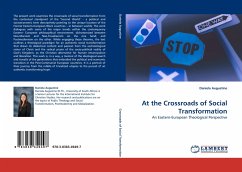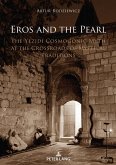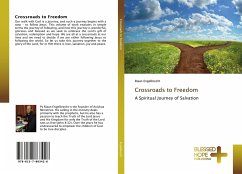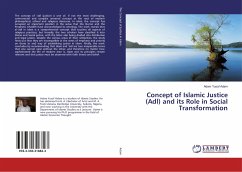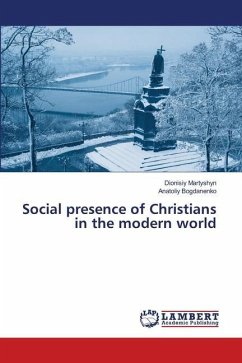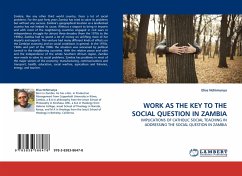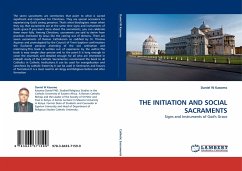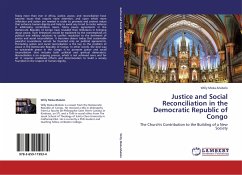The present work examines the crossroads of social transformation from the contextual standpoint of the "Second World" a political and socioeconomic term descriptively pointing to the unique location of the Former Eastern-European Block countries in between worlds. The work dialogues with some of the major trends within the contemporary Eastern- European philosophical environment, dichotomized between Neo-Marxism and Neo-Freudianism on the one hand, and Postmodernism on the other. While engaging these theories, the text outlines a theological paradigm for an authentic social transformation that draws its dialectical content and passion from the eschatological vision of Christ and the radical praxis of the socio-political reality of God s Kingdom, as the Christian alternative for human emancipation and liberation. This work is, in a way, a memoir of the ideological search and travails of the generations that embodied the political and economic transition in the Post-Communist European countries. It is a portrait of their journey from the rubble of trivialized utopias to the pursuit of an authentic transforming hope.
Bitte wählen Sie Ihr Anliegen aus.
Rechnungen
Retourenschein anfordern
Bestellstatus
Storno

